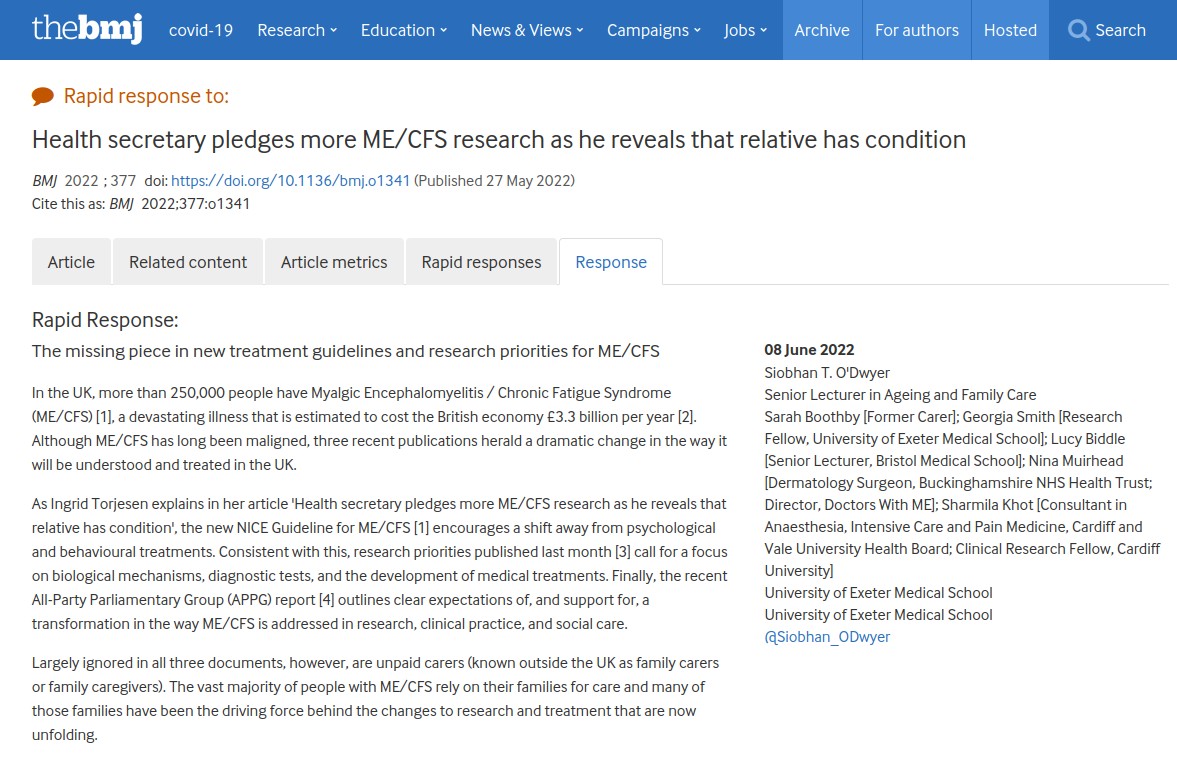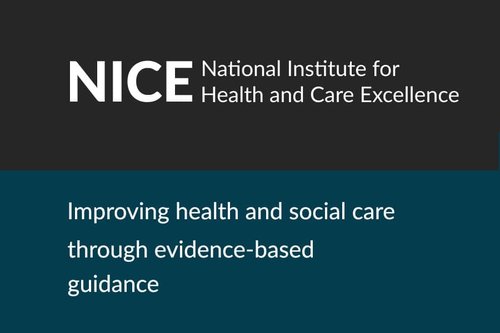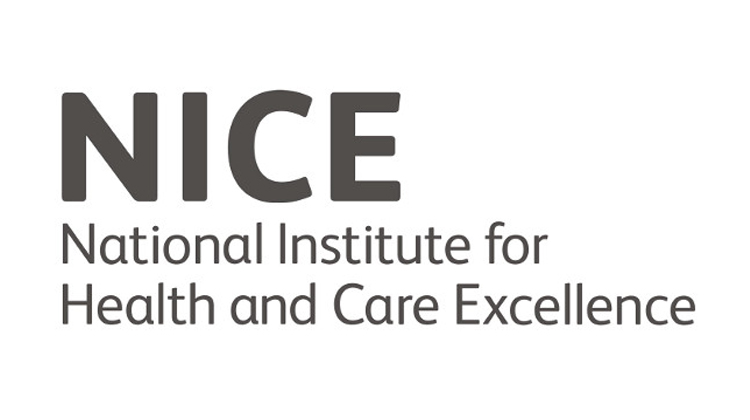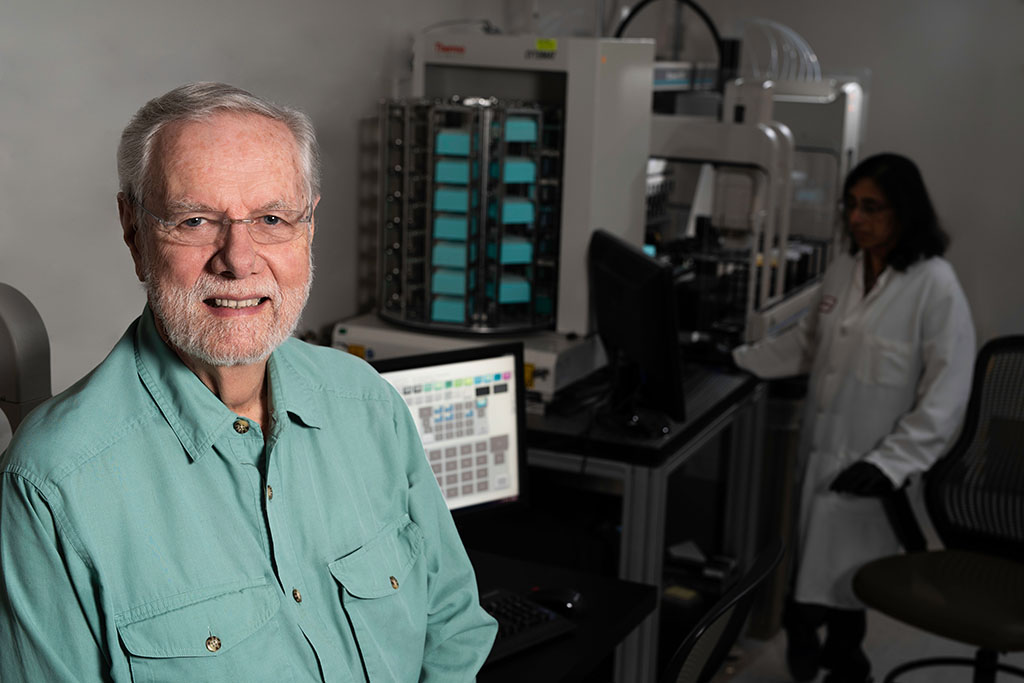Psychiatry and Psychology Working Group
Dr Crowder BSc (hons) MB ChB FRANZCP, Associate, DwME
Yochai Re’em, M.D., Associate, DwME | Website | Twitter
What is ME/CFS?
ME/CFS is a chronic, complex, multi-system biological illness with often devastating consequences. It affects all age groups including children, and all social classes. About 75% of sufferers are female. It has a worse quality of life score than many other serious illnesses including cancer, stroke, rheumatoid arthritis and MS. 25% of patients are housebound or bedbound. Severely affected patients can struggle to perform ALL activities of daily living, and extreme cases may even need tube feeding. ME/CFS is not psychosomatic, and psychological therapies will not cure the disease.
What are the symptoms of ME/CFS?
The most important symptom of ME/CFS is Post Exertional Malaise (PEM). This is the exacerbation of illness that results when a patient’s energy limit is exceeded. Other symptoms are:
• Debilitating fatigue that is worsened by activity, is not caused by excessive cognitive, physical, emotional or social exertion, and is not significantly relieved by rest.
• Unrefreshing sleep or sleep disturbance.
• Cognitive difficulties or ‘brain fog’.
(‘Excessive exertion’ here refers to what may cause a healthy person to feel fatigued, such as running a marathon (physical), writing a thesis (cognitive) or partying all night (social). Brushing one’s teeth, sitting up in bed, watching an hour of television or speaking to visitors for half an hour is not excessive exertion by ordinary standards.)
The following associated symptoms can also be present.
• Orthostatic intolerance, autonomic dysfunction, dizziness, palpitations, fainting, nausea on standing or sitting upright from a reclining position.
• Temperature hypersensitivity resulting in profuse sweating, chills, hot flushes, or feeling very cold.
• Neuromuscular symptoms, including twitching and myoclonic jerks.
• Flu-like symptoms, including sore throat, tender glands, nausea, chills or muscle aches.
• Heightened sensory sensitivities, including to light, sound, touch, taste and smell.
• Pain, including pain on touch, myalgia, headaches, eye pain, abdominal pain or joint pain without acute redness, swelling or effusion.
• Gastrointestinal disturbances including altered bowel habit and difficulty eating.
• Intolerance to alcohol, or to certain foods and chemicals.
Is ME/CFS one of the Medically Unexplained Symptoms (MUS)?
No. ME/CFS is not Medically Unexplained Symptoms (MUS), Perplexing/Persistent Physical Symptoms (PPS), Functional Neurological Disorder (FND), Pervasive Refusal Syndrome (PRS), Fabricated or Induced Illness (FII), Pathological Demand Avoidance (PDA), Bodily Stress Syndrome (BSS), Bodily Distress Disorder (BDD) or eating disorder. ME/CFS is not “functional” or psychosomatic, and these psychological constructs do not apply to ME/CFS.
Are ME/CFS patients deconditioned?
ME/CFS is not caused by deconditioning. Patients do become deconditioned due to prolonged inactivity, but this is a result of the illness and not the cause. Therefore it cannot be reversed without first reversing the underlying illness. In practice it is not the patients’ level of fitness that limit their ability to function, but their inability to generate energy to power activity, along with multiple other physiological disturbances in all body systems. Two day Cardiopulmonary Exercise Testing (CPET) demonstrates that while healthy controls maintain their performance or become fitter on the second day, ME/CFS patients’ performance deteriorate significantly, the opposite of what happens when someone is deconditioned. This is an objective demonstration of PEM and shows that attempting to recondition patients will only worsen the illness.
Do Psychiatrists need to know how to diagnose ME/CFS?
Yes. The symptoms of ME/CFS span every body system, so ME/CFS patients can present to any specialty. Fluctuating cognitive deficit, altered sleep pattern, disparate symptoms and the behavioural adaptations required for energy management (e.g. social isolation) can all lead to Psychiatric referral. Standard scoring systems for anxiety and depression are non-specific and will mislead clinicians into misdiagnosing ME/CFS as psychiatric if they fail to take a thorough history, and harming patients with inappropriate medication. It is also important to detect other conditions which could be causing fatigue, such as ADHD or autism (fatigue due to constantly having to compensate). Therefore Psychiatrists have an important role to play in the diagnostic process by:
• Ruling out psychiatric causes of symptoms.
• Detecting other causes of symptoms e.g. ADHD, autism, dementia, brain tumour.
• Detecting and treating secondary anxiety or depression. ME/CFS patients may be unusually sensitive to psychotropic medication and may be able to tolerate only low doses.
• Recognising when symptoms are NOT caused by mental illness or psychological factors.
• Redirecting for further investigation when no psychiatric cause is found or when a psychiatric diagnosis does not explain all symptoms.
• Making a positive diagnosis of ME/CFS where relevant.
• Giving crucial early advice as soon as ME/CFS is suspected.
This presentation by psychiatrist Dr. Eleanor Stein of the University of Calgary, Alberta, Canada on differentiating ME/CFS from anxiety and depression provides a useful guide to navigating psychiatric and emotional symptoms in ME/CFS.
How is ME/CFS diagnosed?
NICE advises that ME/CFS should be suspected when the four main symptoms have been present for six weeks in adults or four weeks in children. A thorough workup is performed to rule out other causes. If no other causes are found and symptoms are still present after 3 months, ME/ CFS can be confirmed.
The IOM diagnostic criteria and the International Consensus Primer are also in use. All of these diagnostic criteria require PEM as an essential feature for diagnosis to be made. Diagnostic criteria which do not require PEM as an essential feature are not appropriate, such as the Oxford and Fukuda criteria.
What crucial early advice must be given?
ME/CFS patients must learn to manage activities to stay within their energy limit and avoid triggering Post Exertional Malaise. Advise patients to rest and pace as soon as the diagnosis is suspected, and provide information on how to do this.
What about exercise and CBT?
Given that PEM is the hallmark symptom of ME/CFS, exercise can be very harmful. NICE’s comprehensive review of all studies of Graded Exercise Therapy (GET) and CBT found them to be universally of very low or low quality. NICE states, “Do not offer people with ME/ CFS:
• Any therapy based on physical activity or exercise as a cure for ME/CFS.
• Generalised physical activity or exercise programmes – this includes programmes developed for healthy people or people with other illnesses.
• Any programme that uses fixed incremental increases in physical activity or exercise, for example Graded Exercise Therapy.
• Physical activity programmes that are based on deconditioning and exercise avoidance theories as perpetuating ME/CFS.
• The Lightning Process, or therapies based on it.”
CBT can at best provide psychological support and at worst contribute to harm by consuming precious energy or misinforming patients. It is not a cure and NICE states that it must not assume people have abnormal illness beliefs and behaviours as an underlying cause of their ME/CFS.
Do patients need psychological support?
Patients do experience grief and loss. The ME/CFS specialist team can support patients adjusting to living with this devastating illness. If additional psychiatric disorder is suspected or patients require greater support, they should be referred to mental health services. Mental health practitioners must have a solid understanding of the principles of psychological support for ME/CFS, as laid out on pages 39-41 and page 51 of the NICE guideline. Mental health services should be reviewed for accessibility to ensure disabled and house bound patients are not disadvantaged.
Should Psychiatrists be on the ME/CFS specialist team?
No. The ME/CFS specialist team consists of Physicians, General Practitioners and Paediatricians with access to allied healthcare professionals with training and experience in ME/CFS (Box 3, pg.16, NICE). ME/CFS is not a mental illness. ME/CFS services should not be commissioned under mental health.
From where can we learn more about ME/CFS?
Doctors with M.E. curates up-to-date and compliant educational resources on ME/CFS from worldwide sources. Here is a selection from our education page:
• The Centers for Disease Control and Prevention (CDC) webpage on ME/CFS
• The Bateman Horne Center educational web page on ME/CFS
• The “Dialogues for a neglected illness” Welcome Public Engagement Fund project
• Doctors with M.E. guide for General Practitioners
• The Mayo Clinic Proceedings consensus recommendations on ME/CFS
• The Northern Ireland Health and Social Care Clinical Education Centre webinar series
• The International Consensus Primer

















